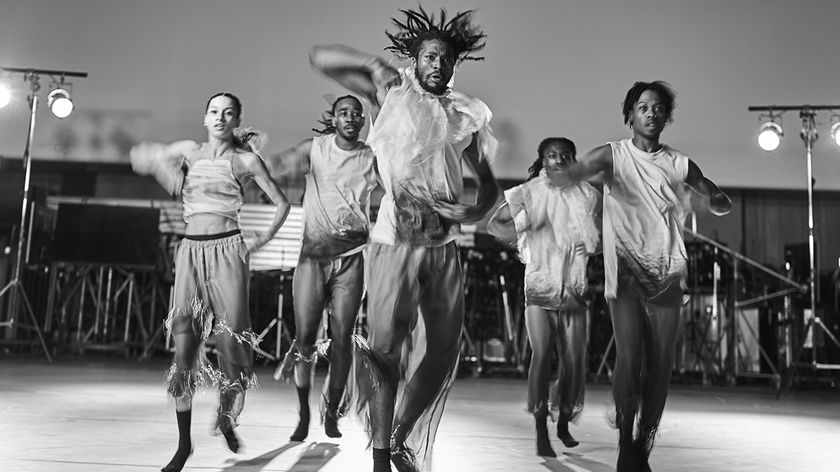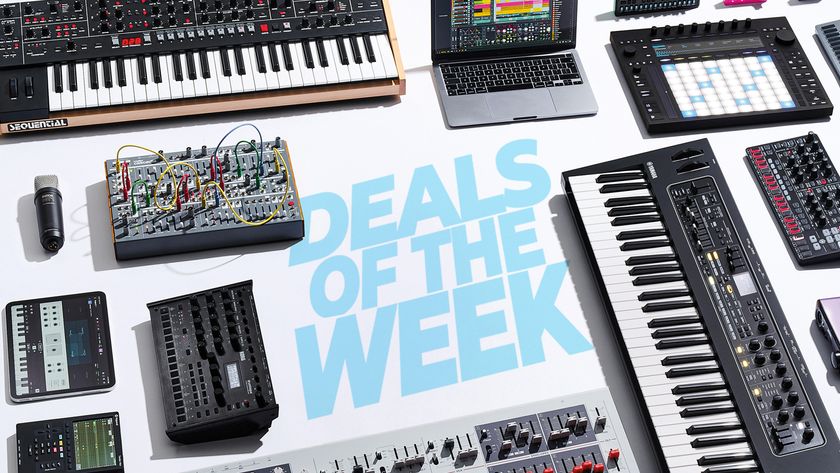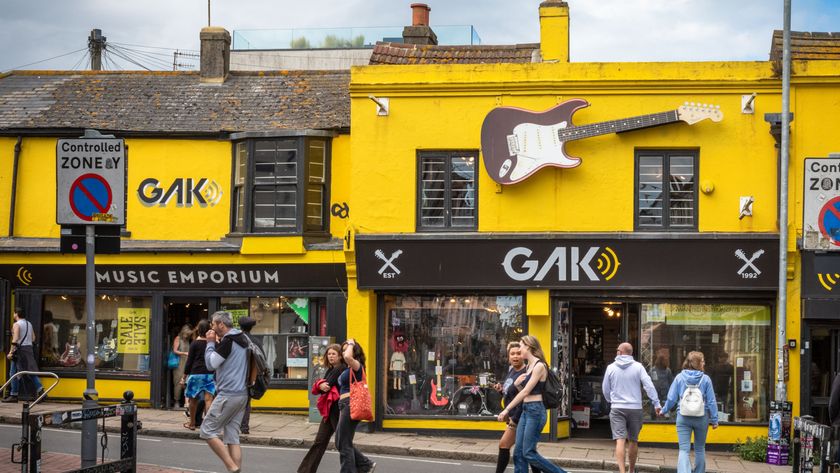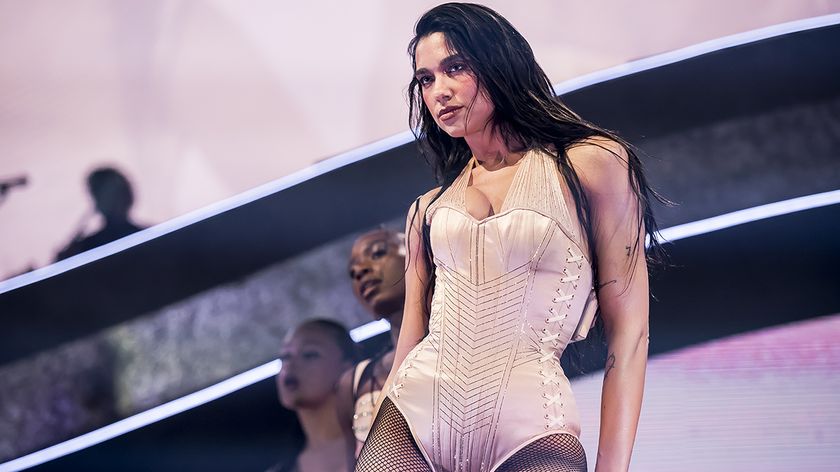John Lennon: Joey Molland interview
The Badfinger legend takes TG back to the time he played guitar for John Lennon
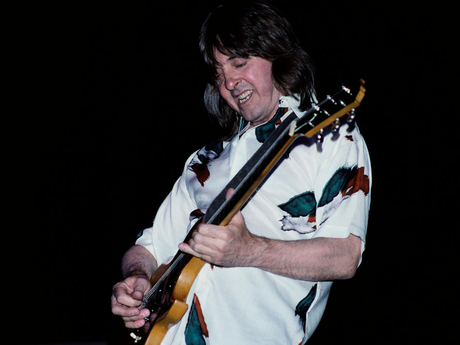
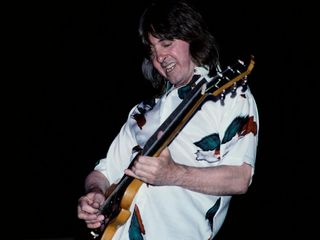
© John Atashian/CORBIS
In 1971, Badfinger guitarist Joey Molland was a young Beatles fan in an up and coming band when he found himself at a session for John Lennon. In this exclusive interview with TG Joey gives us a unique insight into the life and work of Lennon and his fellow Beatles.
Words: Ed Mitchell
What was your favourite aspect of John as an artist?
"I thought of him as a singer more than anything else. I loved his voice. There was a real tenderness to John's voice that was easy to miss. Later on after listening to him for a long time I started to notice this real softness in the back of his voice. I think that's really what appealed to me. I mean, he could sing that rock 'n' roll hard stuff really well, but there was a lovely tenderness that I really liked."
Did you have to put up with any superstar behaviour when you worked with John or the other ex-Beatles in the studio?
"No. They carried their own gear, they plugged their own amps in and they tuned themselves up. If they needed a first string they came over and asked you have you got any. The way you do in a local band scene, you know, 'Have you got any picks?' All that stuff. They were very normal in that way. It wasn't like they had guys carrying the pick and holding their drinks."
Get the MusicRadar Newsletter
Want all the hottest music and gear news, reviews, deals, features and more, direct to your inbox? Sign up here.
It must have been exciting to see them at work…
"We were an up and coming band. They were giants and we just felt privileged to be around and watching them doing their thing. We were surprised to find out they did things the same as us. They just brought their ideas, played them and then worked on the songs for a little bit until everybody had their part together.
Joey had already worked on a legendary Beatle solo album
You played acoustic for George Harrison on his 'All Things Must Pass' album (1970), specifically the hit 'My Sweet Lord'. Was there any difference between working with John and George?
"George would tend to come over and talk to you; John would stay on his stool and talk to you through the mic wearing headphones. That was the biggest difference that I noticed between them. The things they said were more or less the same. Their attitudes were the same. George's sessions had loads more musicians. He had a couple of drummers and Billy Preston, Bobby Whitlock, Klaus Voormann, Eric Clapton, Alan Whyte and Ringo. All these people would be in the studio, all at once - all playing. John's session was Nicky Hopkins, Jim Keltner, Klaus Voormann, us and him. That's all."
Troubled legend Phil Spector was the producer on 'Imagine' and 'All Things Must Pass'. What was he like to work with?
"Spector was a real boozer. Boy, could he drink! I saw him in the control room underneath the console with a bottle of Courvoisier. I'm not kidding!"
Is he the genius producer he's made out to be?
"The guys certainly liked him. John and George worked with him a lot, so he must have had something going on there. He would never play the multi-track back to you. He'd play you a two-track mix with some echoes on it and balanced. I loved that about him."
So, he was essentially mixing the album as he went along?
"Yeah, when you listened to a track back it was reasonably in balance and you could see how the parts were working. He'd put a bit of reverb on vocals or on a guitar or a drum, just to get the effect of what was gonna be happening. He was great to work with in that regard. A lot of the guys we worked with wouldn't do that. They'd be listening to bits and pieces and you wouldn't hear the whole track a lot of the time."
John Lennon recorded the 'Imagine' album at his place
'Imagine' was recorded at Lennon's Tittenhurst Park home. Nice pad?
"It was a huge estate. One of those big-ass driveways… Daimler limousines and all that stuff. His house had black carpets in it. I'd never seen that, you know? In Liverpool they don't have black carpets! He had a beautiful snooker table, a really nice one all engraved. I think he got it in India. It had elephants on the legs. It was f***in' great! I enjoyed myself obviously, it was a great time for me."
Was it strange to see someone who'd had a similar upbringing to you in Liverpool, living in a mansion?
"No, it was exactly like I thought he was living. I thought this guy's living the life here. 'Look at this sh**!' It was great. He had the jukebox and the records. It was all the things that you dream of for yourself: nice motors, great guitars hanging all over the place - Gibsons, Martins, a Dobro and his old Rickenbackers."
Speaking of guitars, what became of the Gibson J-50 acoustic you played on the 'Imagine' session?
"I traded it in a little while after for a Martin D-35. I kind of liked the high end of the Martin a little bit better. I think I got it in Columbia, South Carolina, for some reason that comes to mind. We were on tour and I just liked this Martin, it sounded great. So I made the trade. I didn't even think about it all those years ago. I should've kept that Gibson. It would probably be worth a lot of money now."
TG209 (on sale 26 November) features John Lennon on the cover and honours the working class guitar hero's contribution to the guitar world, including an interview in which Joey Molland talks about the 'Imagine' sessions.
Matt is a freelance journalist who has spent the last decade interviewing musicians for the likes of Total Guitar, Guitarist, Guitar World, MusicRadar, NME.com, DJ Mag and Electronic Sound. In 2020, he launched CreativeMoney.co.uk, which aims to share the ideas that make creative lifestyles more sustainable. He plays guitar, but should not be allowed near your delay pedals.
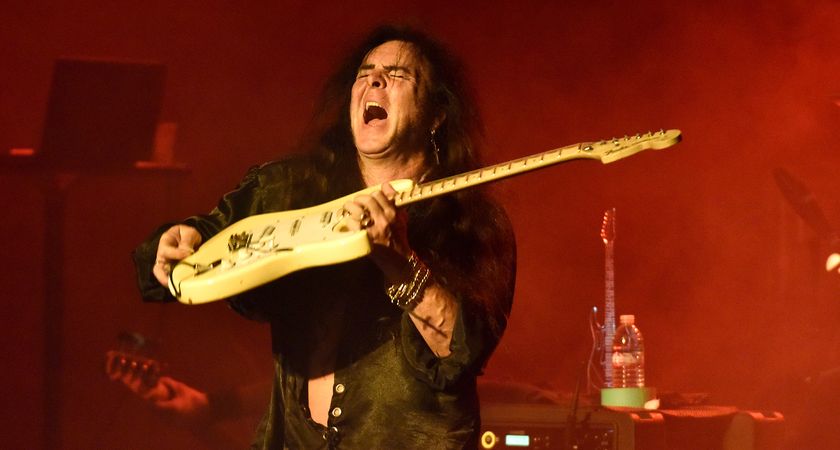
“Those arpeggios... That was the sickest thing I ever heard”: Yngwie Malmsteen on why guitarists should take inspiration from players of other instruments if they want to develop their own style
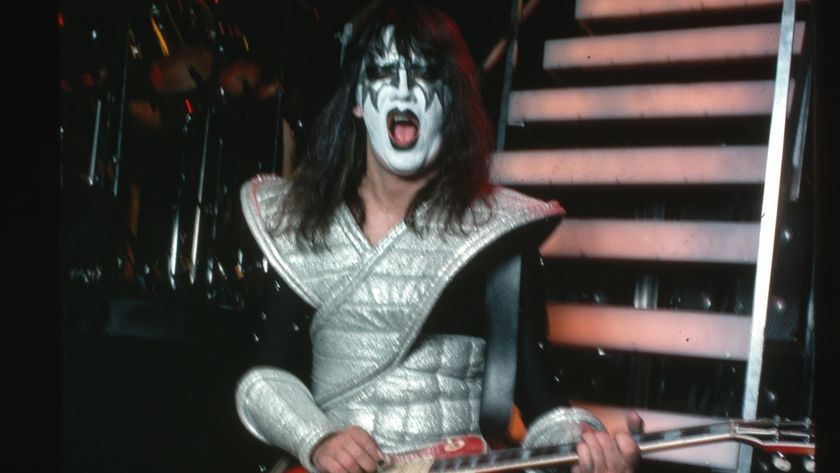
“I used a flange on the main riff and a wah-wah on the solo. I just said, ‘Hit the record button and I’ll let it rip!’”: Kiss legend Ace Frehley on his greatest cult classic song






